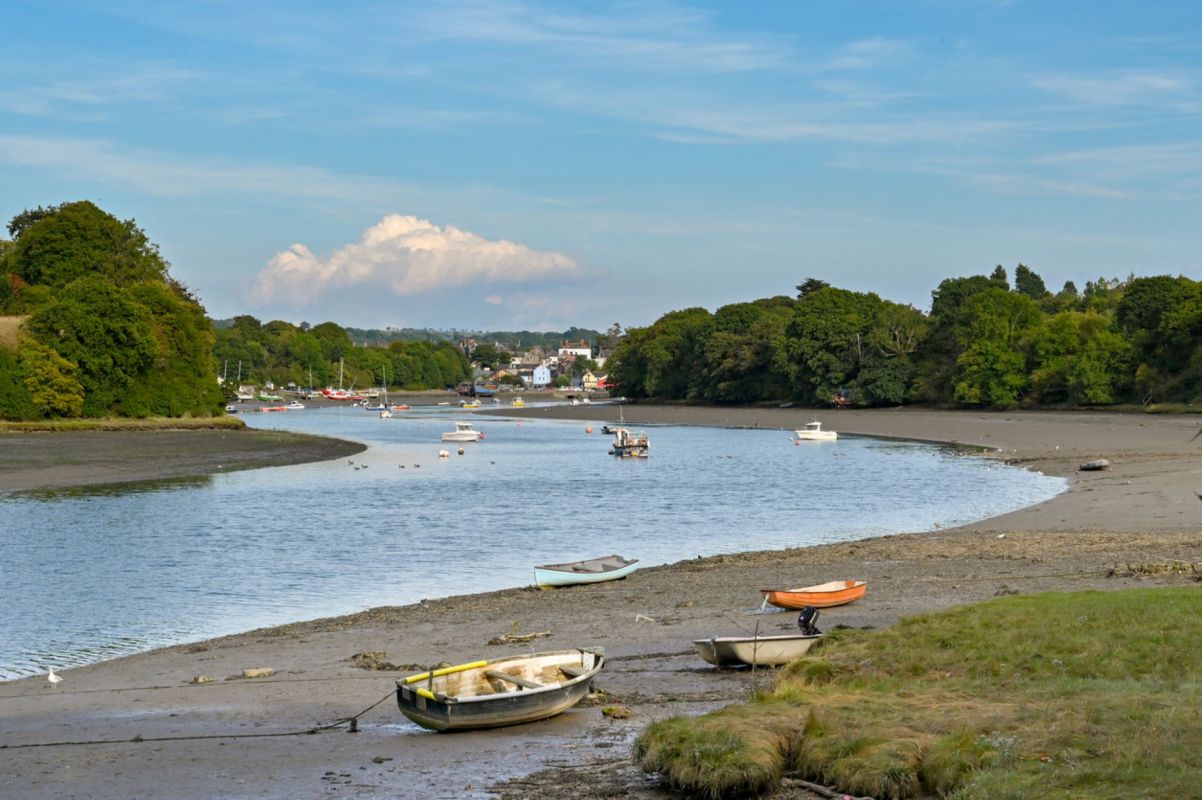Bottlenose dolphins off the western coast of Wales are under threat from wastewater pollution — from raw sewage that was intentionally released into a river that feeds into the ocean.
What's happening?
Cardigan Bay is a thriving marine habitat that has been designated as a Special Area of Conservation. Unfortunately, according to recent reports including from Sky News, a Welsh water company has been flouting regulations and releasing wastewater into the watershed.
The BBC reported that Welsh Water's Cardigan plant has spilled untreated sewage into the surrounding waterway on more than 1,000 days between 2018 and 2023 and that the issue has been going on for over a decade.
"This is the worst sewage works I've come across in terms of illegal discharges," said Peter Hammond, a mathematician from campaign group Windrush Against Sewage Pollution.
Why is sewage being spilled, and why is it a problem?
If your only familiarity with water treatment plants is that one episode from Season 2 of the X-Files, here's more of an explanation.
The runoff from these treatment plants is able to enter the watershed due to a system called combined sewer overflow. In this type of system, all the wastewater from homes, industry, and rainfall flow together to a water treatment facility.
When the system is overloaded, typically due to large storms, some of this waste is allowed to be diverted into the waterway so the treatment facility is not overwhelmed.
Welsh Water has been taking advantage of this system and using these overflow pipes outside the parameters of their permits. According to the BBC, Welsh Water has admitted that 40-50 of their plants are breaking permitting regulations.
The facility at Cardigan Bay is one of the worst offenders and is spilling untreated sewage into the River Teifi, which feeds into the bay, considered a "Special Area of Conservation." This threatens many species, including over 300 bottlenose dolphins who call the bay home.
"Untreated sewage causes a host of problems on our rivers," Gail Davies-Walsh of rivers campaign group Afonydd Cymru told the BBC.
"High nutrient levels coming from sewage lead to algal blooms that lead to the depletion of oxygen in our rivers. And that clearly has knock-on impacts to our fish populations and to other species."
In addition to the potential for algal blooms and species degradation, there is a recreation beach just two miles away called Poppit Sands, the BBC reported. Humans and wildlife alike deserve access to clean and safe water along the Welsh coast.
What is being done to protect the ecosystem and the local dolphins?
According to the BBC, Welsh Water is committed to fixing the problem and plans to build a new £20 million ($24.4 million) treatment plant. The regulatory agency, Natural Resources Wales, has reportedly been working to curb the illegal practices by Welsh Water.
"We have prosecuted Welsh Water on a number of instances for pollution events, just not for low flow spills as is the case here," Huwel Manley, NRW's head of operations for southwest Wales, told BBC.
While this new water treatment plant is not a quick solution, it gives nearby residents and the local wildlife some hope for cleaner water in the not-so-distant future.
Join our free newsletter for cool news and actionable info that makes it easy to help yourself while helping the planet.









